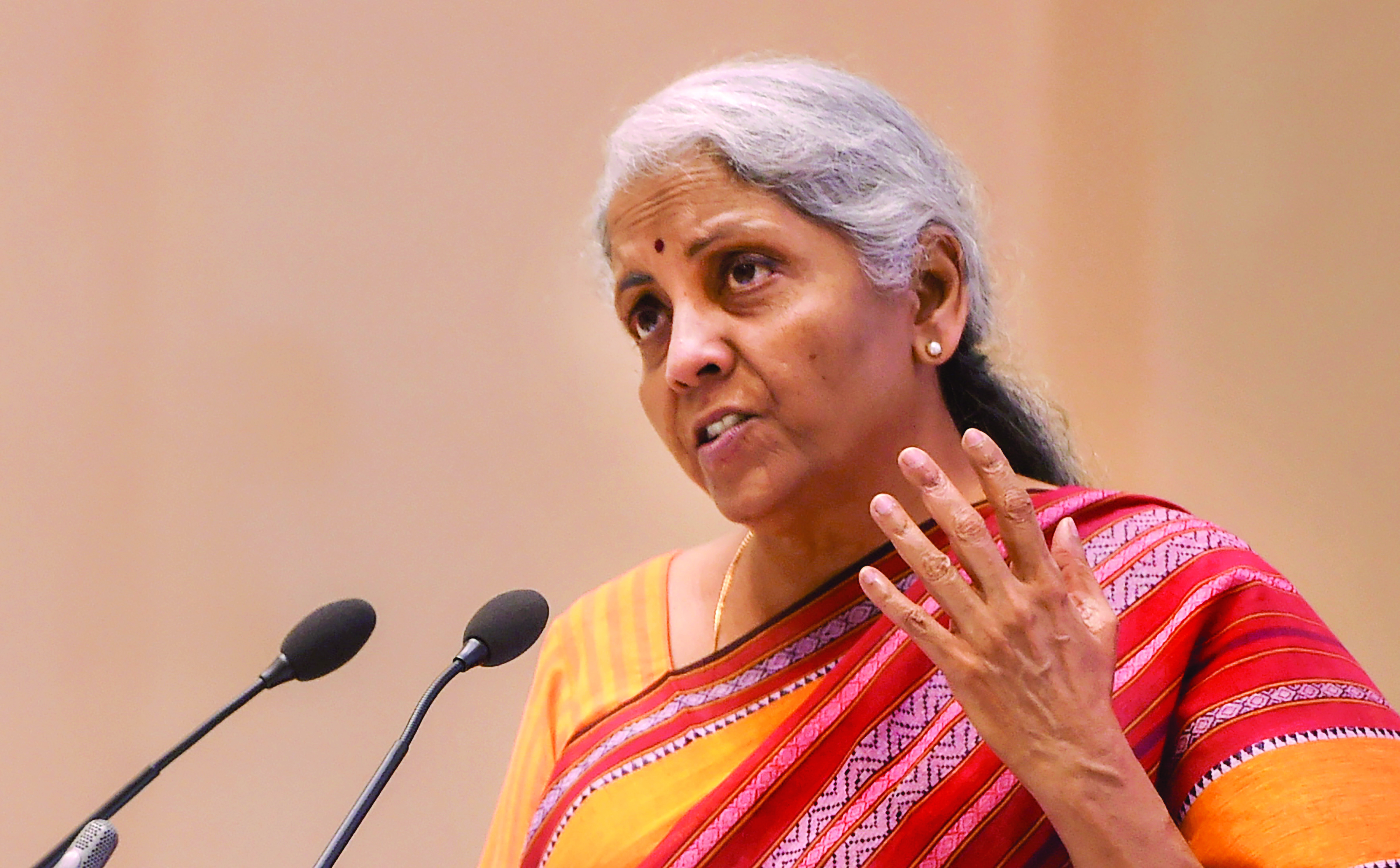To achieve sustainable growth in the long-term: ‘Need to focus on investment, infra, innovation & inclusivity’
Finance Minister Nirmala Sitharaman stressed that there is also a need to involve the private sector to step up investment and innovation

Finance Minister Nirmala Sitharaman on Wednesday underlined the need for focussing on four Is — infrastructure, investment, innovation and inclusivity — to achieve sustainable growth in the long-term.
The global economy in the past few years has faced trials and tribulations, she said, adding countries have made efforts to protect the vulnerable section of the society at the cost of higher government borrowing.
Speaking at the Asian Development Bank (ADB) Governor’s seminar on ‘Policies to Support Asia’s Rebound’, Sitharaman stressed that there is also a need to involve the private sector to step up investment and innovation.
Elaborating on the four Is, the Minister said investment is essential to spur infrastructure development, which has a potential to generate jobs.
The third I is for innovation, she said adding innovative solutions from startups are required to deal with issues facing the countries. Unless you have innovative thoughts to address your local problems, and encourage your local youth to come up with solutions, you would end up spending more for solutions which may not be right, she said.
“The fourth I is for Inclusivity,” she said, adding unless all the people are included in the development process, there could be conflict in the society.
“So 4Is for the long-term and in which private sector involvement, not just public sector investment, (is essential). India in the last 3-4 years has spent trillions on infrastructure development,” she said.
The Minister further said that there was a need to focus on labour intensive industries and provide skill development.
“Industries are re-setting themselves in the Web 3.0 era. Governments, together with industry, will have to bring in the skill sets required for a technology-driven society,” she said.
Sitharaman said there should be a conscious effort to move to capital expenditure from revenue expenditure. Capital expenditure helps to create assets and creates a multiplier effect in the economy. It benefits the labour & semi-skilled workers. Pitching for global coordination, Sithraman said, the world is not decoupled so anything happening anywhere does have an impact on every country.
She further said that under the G20 Presidency, India is trying to talk to every country so that nations come together to give solutions to the problems facing the world.
Moreover, the Finance Minister said that the World Trade Organisation (WTO) should look at the issue of farm subsidies with an open mind as it impacts the food security needs of emerging economies in the backdrop of Covid pandemic and the Russia-Ukraine war.
Speaking at the Asian Development Bank (ADB) Governor’s seminar on ‘Policies to support Asia’s rebound’, Sitharaman said sooner a solution is found out by the WTO, the better it would be for the world.
“Since WTO was founded, there has been a grievance with respect to the export of agricultural products and generally in trade, the voice of the Global South and emerging markets has not been heard at par with that of the developed countries,” she said.
The ‘Global South’ largely refers to countries in Asia, Africa and South America.
Subsidies for agriculture and poor farmers in developing countries were not counted at all and were frozen, she said, adding that in context of Covid and Russia-Ukraine war, food and fertilizer security have become important.
“We will all have to talk again (about food and fertiliser security) at the WTO with an open mind,” the minister said.
“There is better food security in the developed world compared to developing countries. Trade agreements have come about in a lopsided way, for which solutions have to be found,” Sitharaman said.
Under global trade norms, a WTO member country’s food subsidy bill should not breach the limit of 10 per cent of the value of production based on the reference price of 1986-88.
As part of permanent solution, India has asked for measures like amendments in the formula to calculate the food subsidy cap and inclusion of programmes implemented after 2013 under the ambit of ‘Peace Clause’.
As an interim measure, the WTO members at the Bali ministerial meeting in December 2013 had agreed to put in place a mechanism popularly called ‘Peace Clause’ and committed to negotiating an agreement for a permanent solution.



